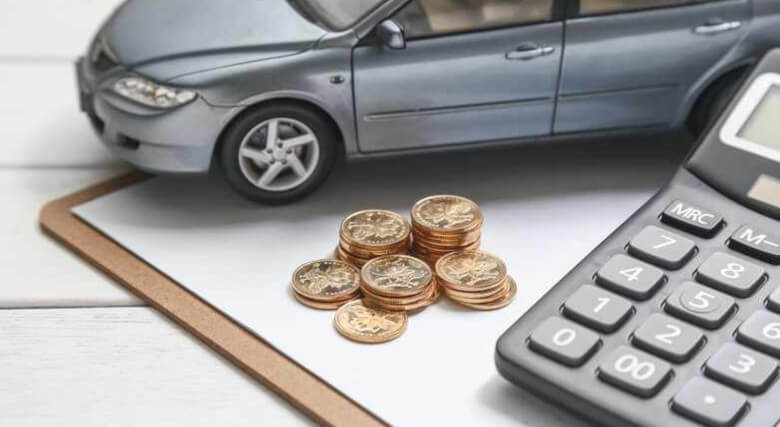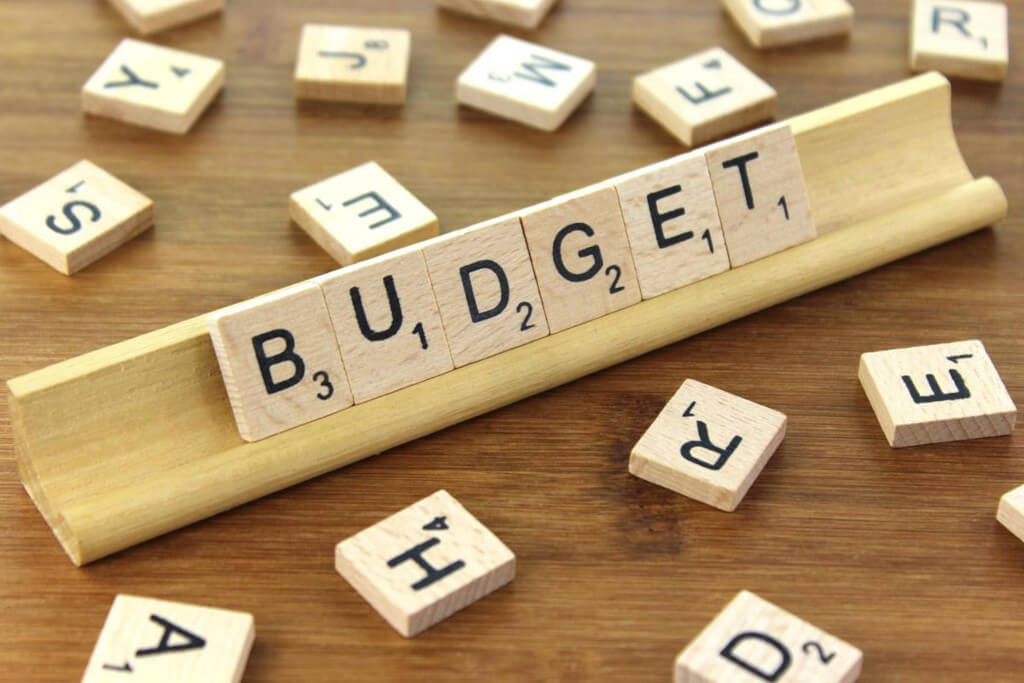This is a fairly straightforward enquiry, but the response is anything but. Take a look at what you can do below.
What kind of car could a person in South Africa who earns the median income buy with that money? It’s a concern that at first seems fair (there it is again) standard, but when you start breaking it down, it becomes quite convoluted.
To begin, we need to define “average” salary. One could make the argument that the nationwide average is very low, considering that 32.6% of the employed population is without a job. In 2019, 29% of working-class people, even though the minimum wage in South Africa is R3,500, were receiving below that amount, according to data compiled by a hiring platform. They calculated that R6,400 per month is the typical wage in the country.
Statistics South Africa put the typical South African income in February 2021 at a much greater R23 122. Though many would consider that a dream salary, the data suggest otherwise. Once SARS has taken a look at a person’s finances, the ordinary wage earner is left with about R19 864 per month. Have you still got it? Great. So, let’s look at what kind of items a typical income can purchase.
Look at Your Budget
South African financial institutions advise that car payments not exceed 10% of monthly gross income or 30% of yearly salary. The percentage of 25% is used in other suggestions. That’s sound counsel, particularly given the present financial climate. Let’s be responsible and put no more than R1,986 (or 10% of the average salary) towards buying a car.
With those numbers, you could get a loan for about R94,800, with payments spread out over 5 years. What that would get you in South Africa’s new car market is… On a monthly income of R20,000, for instance, car costs shouldn’t be more than R5,000. Repayments, insurance, and petrol are all factored into this total.
Identify Your Budgetary Constraints First

And all you need is a computer and a calculator program to do it. Taking into account your regular bills and other outlays, like food, this can give you a good idea of the price range in which you’ll be comfortable making a car purchase.
Use an auto loan calculator to determine how much you’d have to pay monthly for a car that costs R250,000 so you know if you’re in the right price range. You should also factor in the costs of insurance and petrol to get a complete picture of your total outlay of cash. I wouldn’t say it’s much at all.
The Suzuki S-Presso is the least expensive new passenger car in South Africa, with prices beginning at R149,900. It’s endearing and unusual, but at R55,000, it’s way too expensive to use in this demonstration. A brand-new car is out of range unless you have been diligently saving up, or you’re ready to spread out your investment over a more extended time frame, in which case you will pay far more interest.
A 10% month-to-month allocation of your after-tax earnings might not appear to be much, but the real price of car ownership, such as the expense of tyres and upkeep, will add up very quickly. There’s not a lot you can do to decrease the cost of petrol or diesel, but you can save money on auto insurance, for example. Ultimately, what can we say? In the long term, even the absolute cheapest new vehicles can cost a lot more than you might expect. What other choices are there if you can’t afford to buy something brand new?
Second-Hand Cars
Think about getting something previously owned. A used car can be purchased for R94,800, but is it a good deal? If you’re looking to buy a car that’s older than 5 years, you may still need to dig into your savings.
You’ll be dealing with high mileage if you’re shopping for a reliable, reasonably priced car that’s less than five years old. You should plan on paying for repairs or replacements out of pocket if the manufacturer’s guarantee or service contract has elapsed.
A 2015 Ford Figo 1.4TDCi with slightly more than 100 thousand kilometres on the odometer should be available for about R94 000. The reliable Renault Sandero 900T Dynamique, good for more than 100 000 kilometres, can be had for around R90 000.
You can gamble on cheaper cars, but then you have to be truthful with yourself regarding why you’re selling them. Common causes include reaching or exceeding 200,000 kilometres (km) or the end of distributor assistance for the vehicle. Either that, or it’s a horrible vehicle to operate. There are regular red flags associated with purchasing a used vehicle, so keep an eye out for those regardless.
Alternatives in the Financial Market
You’ve finally found your perfect, low-cost ride, and now it’s time to investigate auto loan programs.
At first glance, balloon payments seem like the best option since they reduce your monthly premium by postponing a portion of the total cost of the item until a later date. Consider a car purchase of R200,000 where the final, or “balloon,” payment is 40% of the total price. You now only have to pay R3,091 per month rather than R4,152. A win! Unfortunately, you’ll still end up owing R80,000 on a car that’s 5 years old, out of a protection plan, and without a service contract after making payments on it for 60 months. You might pay it off if you’re a conscientious saver, or you could refinance and end up paying even more than R53,204 in interest.
One can roll the expense of a car purchase into your mortgage payment if you already have a line of credit for your home. You can get a lower rate of interest on a home loan than on a car loan. However, you should keep tabs on the loan term and try to pay off the car in less than 48 months to prevent paying exorbitant interest.
Personal loans are an option if you can’t get a car loan from a bank for some reason (bad credit, the car is older than 5 years, and so on.). Although the interest rate will be much higher than if you took out a loan to purchase the car, you will have immediate and full ownership of the car due to the loan’s classification as an unprotected one. Nevertheless, if you are financially able to do so, an installment sale could be your best bet, in which you make an initial down payment and then month-to-month payments across a set period.

